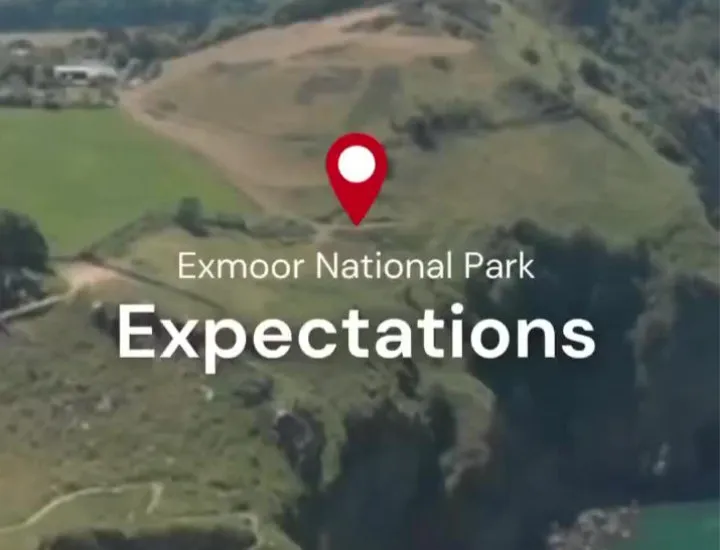Dishonest League Campaign Video
The League Against Cruel Sports are deliberately misleading their supporters with an Exmoor National Park video.
The League Against Cruel Sports is currently championing a ban on trail hunting on Exmoor National Park land. While their objective is laudable, recent campaign strategies have raised significant ethical and strategic concerns, suggesting an insufficient genuine effort in their efforts.
In a controversial move, the League released a video, shared by Acting CEO Chris Luffingham, which purportedly depicted a fox being hunted on Exmoor National Park land. However, it has since come to light that the footage was filmed over 60 miles away in Gloucestershire. This discrepancy not only undermines the campaign’s integrity but also raises serious questions about the League’s commitment to truthful campaigning.


By misrepresenting footage from a different location as Exmoor, the League Against Cruel Sports has engaged in deception. Ethical campaigning hinges on transparency and honesty, and misleading the public erodes the trust and credibility essential for long-term success. This tactic indicates a troubling trend: the League appears to be more focused on giving the impression of campaigning rather than making a substantive effort.
The League Against Cruel Sports is a multi-million pound organisation with substantial resources at its disposal. It is perplexing why they have not provided actual video footage of hunting on Exmoor National Park land. This raises questions about the real effort they are investing in the campaign versus merely appearing to be active to their supporters. The implication is clear: the League may be prioritising the facade of action over genuine, impactful endeavours.
Misleading campaigns are ultimately ineffective. Once misinformation is uncovered, it overshadows the campaign’s primary message, diverting attention from the goal of banning trail hunting to the League’s dubious tactics. This approach risks alienating stakeholders and losing crucial support, which is vital for achieving the League’s objectives.
The League’s goal of protecting wildlife on Exmoor is widely supported, but using misleading footage is both ethically and strategically flawed. Effective campaigning requires collaboration and trust, not deception. The League’s actions suggest an insufficient genuine effort, leading to concerns that they are more focused on seeming active than being effective.
If the League isn’t utilising its considerable financial resources to gather real evidence, it indicates a deeper issue: a potential strategy to mislead their own members and supporters. This not only diminishes supporter confidence but also calls into question the League’s overall commitment to its cause.
To restore trust and campaign effectively against hunting with dogs, the League should issue a public apology for the misleading video, clarify the facts, and reaffirm their commitment to ethical campaigning. With their substantial resources, they must invest in obtaining accurate evidence to support their campaigns and uphold the integrity of their mission. The League’s supporters deserve transparency and genuine effort, not just the illusion of action.
